
Consumer DECODED
Previous edition: 16 May 2024
Share article
Get the full version straight to your inbox.
Exclusive access to our best-in-class data & intelligence
Subscribe now
“The big industry players tend to ferment at speed” - Waterford Distillery CEO Mark Reynier on making whiskey in the style of wine
Just Drinks chatted to Reynier about mixing up the distilling process, regenerative farming and making whiskey in the style of Burgundy wines.

Waterford Distillery CEO Mark Reynier’s family business was the importation of wine into the UK. During the 1980s, he bottled and sold French wine. In 2001, he founded the Scottish Bruichladdich distillery, which was sold to Rémy Cointreau for $90.3m in 2012.
Reynier’s latest venture is an Irish whiskey brand that focus on barley and uses the traditional French ideals of terroir and slow fermentation. In 2015, Reynier founded the Waterford Distillery and acquired Diageo’s brewery in County Waterford, Ireland.
Waterford Distillery's main market is the US but it is also selling into the UK and Europe, plus a nascent focus on the Japanese market.
Just Drinks chatted to Reynier about mixing up the distilling process, regenerative farming and making whiskey in the style of Burgundy wines.
Conor Reynolds (CR): What infrastructure do you have?
Mark Reynier (MR): I had the good luck to arrive looking for a brewery, because that's the essence of what I'm doing: changing the emphasis from the distilling side to the fermentation side. That is all about getting natural flavour and the flavour comes from the barley. How do you get the flavour from that grain of barley into the alcohol? Well, it's fermentation, and the guys who've got the best fermentation principles are the brewers.
Diageo’s Guinness site was shut down in 2014 with a view to consolidating all their brewing activities into a new site. We've got two breweries there, the original 1792 Strangman’s brewery on the left side of the lane and then on the right is the modern ones that were built in 2004. There are a lot of fermentation vessels, temperature control of those fermentation vessels, which is very important to me and a unique mashing operation that has turned out to be an extraordinary asset to our barley flavour extraction. All I had to do really was bring the stills with me from Scotland and bolt them on.
CR: How is your operational approach different?
MR: We sort of turn the mashing upside down. Mashing in most distilleries is very similar. Some of the kits got a little bit shinier in the years but the principles are still the same. You are basically drizzling hot water at various temperatures through the grist, that mixture of flour husks and solids, percolating hot water through that via gravity and then out through the slotted floor. The temperatures are predetermined to activate the various sugar enzymes to complete conversion of pre-sugars into sugars into what is coming out the bottom as wort. That is very much the traditional method.
Our method turns that upside down in that we have a hydro mill which is a prototype, I believe the only one in existence, that actually mills the water and the barley together at the same time, which is very unusual, so, water and barley together into the mill that is not a roller but a rotary one. Two titanium plates against each other, very high precision milling; we don't need a grist so we can mill completely. The resulting sugary water goes into the incremental mash converter, which is basically a pan on a stove.
We place that wort into a pneumatic press to squeeze every last drop of terroir flavour from the wort. It's a very much finer, inverted commas, grist, almost dust-like and we're able to pneumatically press it – just like the wine guys do – through 54 in-line pneumatic presses to squeeze every last drop out, every last terroir-ness out of that barley. That mashing process turned upside down, anaerobically milling so there's no air in contact, we retain the barley bouquet. That is one of the things you see in all our whiskies: the barley bouquet that comes from this anaerobic milling underwater.
We know from wine that the longer you ferment the more intensity of flavour you're able to obtain. So why not for whiskey?
Then we temperature-control fermentation. Most distilleries I look at, it’s a two-day fermentation. Here, like wine and my inspiration being the vineyards of Burgundy, we actually extend the fermentation. We know from wine that the longer you ferment the more intensity of flavour you're able to obtain. So why not for whiskey? The big industry players tend to ferment at speed, high-density fermentation to get it over and done with and get on to the next batch. We're doing the opposite, we want to slow it right down.
What we're trying to do is to calm it down by keeping that temperature lid so that the yeasts are more soporific and they eat the sugar more slowly so we can extend it out to seven or eight days.
CR: What markets are you targeting?
MR: We're very much looking at America, that monolithic 50 countries in one. It's a market that is of interest to us, I think the movements for slow food and getting back to regenerative farming are growing, particularly there. We're seeing it a lot in the UK now. The French, obviously, very much get what we're doing. Japan we're also starting to concentrate on. I mean, what we're doing is different and we’re starting from scratch.
The relevance of regenerative farming is becoming ever more clear and that we've chemically overdone it. I'm not claiming, you know, that I'm trying to save the planet or anything like that. I'm a natural flavour seeker and that's what I was brought up to understand in wine.
The over reliance on agrochemicals since 1910, the evidence is being found all along the way that we overdid it. We napalmed our soils in the search for intensive farming. Regenerative farming is a sort of a modern version of biodynamics, which takes as a primary principle that you've got to have a living soil. You can't just napalm it into neutrality. It's one of the reasons I'm in Ireland because it’s the best soil in the world and we're increasingly going organic. That fits very much into the regenerative farming movement. You see it on the front of all these news and farming magazines these days. I think it's been adopted this idea that we overdid it and we need to sort of just calm down a bit.
CR: How do you see consumer confidence and the market at the moment?
MR: There's no denying it, 2023 was a difficult year. It was difficult for us, particularly reorganising our distribution post-Covid.
I think there are a lot of new whiskies coming onto the marketplace. I see the older well-established distilleries, with a lot of older variants that you're going to see on the marketplace. But one has to wonder whether, with the barrels, the ageing processes, those whiskies are as good as they could've been. Prices going up and up and up.
What we need and what one hopes to see is individuality of thought
Then at the bottom end, you've got a lot of green grass shoots. You've got to remember that France, I think, now has more distilleries than Scotland. There's 100 micro distilleries, 15 in England, 30 in Ireland, there's a 1,000 in America. There's a lot of new wave owner distillers coming through at the other end. So, I think it's a very odd situation we find ourselves in, the old and established who've had a jolly good ride with single malt since 1985, their offering is getting older and older, more venerable and more expensive but are they as interesting.
Then you've got the other end where people are trying to do more interesting grassroots offerings now. On the face of it, that looks good. You need that regeneration. That's really good to see. What we need and what one hopes to see is individuality of thought. I think it's very important.
CR: What’s the biggest challenge you think Waterford Distillery will face in the coming year?
MR: Interest rates, as you know, are very high. So that's very painful. Barley prices have been very high, energy costs have been very high. The Ukrainian war and the cost of fertiliser. It's not been easy. It's been a pretty difficult period.
With regenerative farming, you're using fertiliser but you're using it in much smaller volumes, when the plant needs it not when the farmer wants to apply it. So, the input cost of fertiliser is lower and the yields are the same. Therefore, the margin is better for the farmer. You know, this idea is quite hard to be adopted by farmers who've been told for years and years 'whack out these nitrates and you'll get paid by volume'. It’s quite hard to change that thinking.
CR: Your latest offering Waterford Distillery's Cuvée Koffi has picked up awards. Does that translate into sales?
MR: It is not direct like that, no. It is part of building an awareness of what the brand is. It's building the awareness of what you're doing and the results of what it produces, which will lead to sales.
I can remember once during my wine days getting a fantastic review for a wine in a newspaper, [an] unbelievable review. And we sold one bottle to a guy on a bicycle that had cycled across one side of London to the other. It doesn't always follow. It's the accumulation of dots joining together.
Latest news
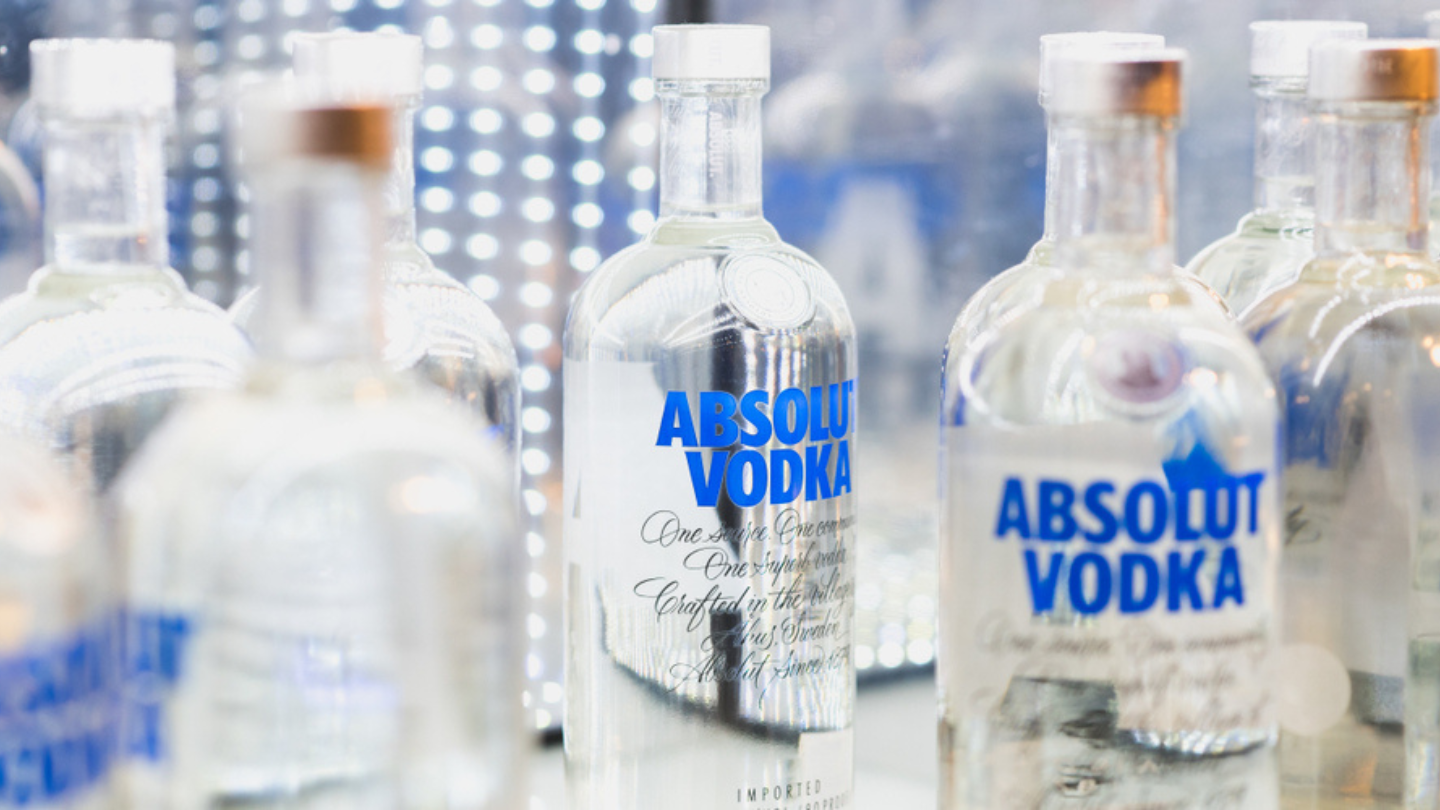
Distillers' carbon-cutting sparks trials of hydrogen fuel
Spirits majors, working to cut their emissions, are testing alternative sources for the fuels used in distillation and packaging.
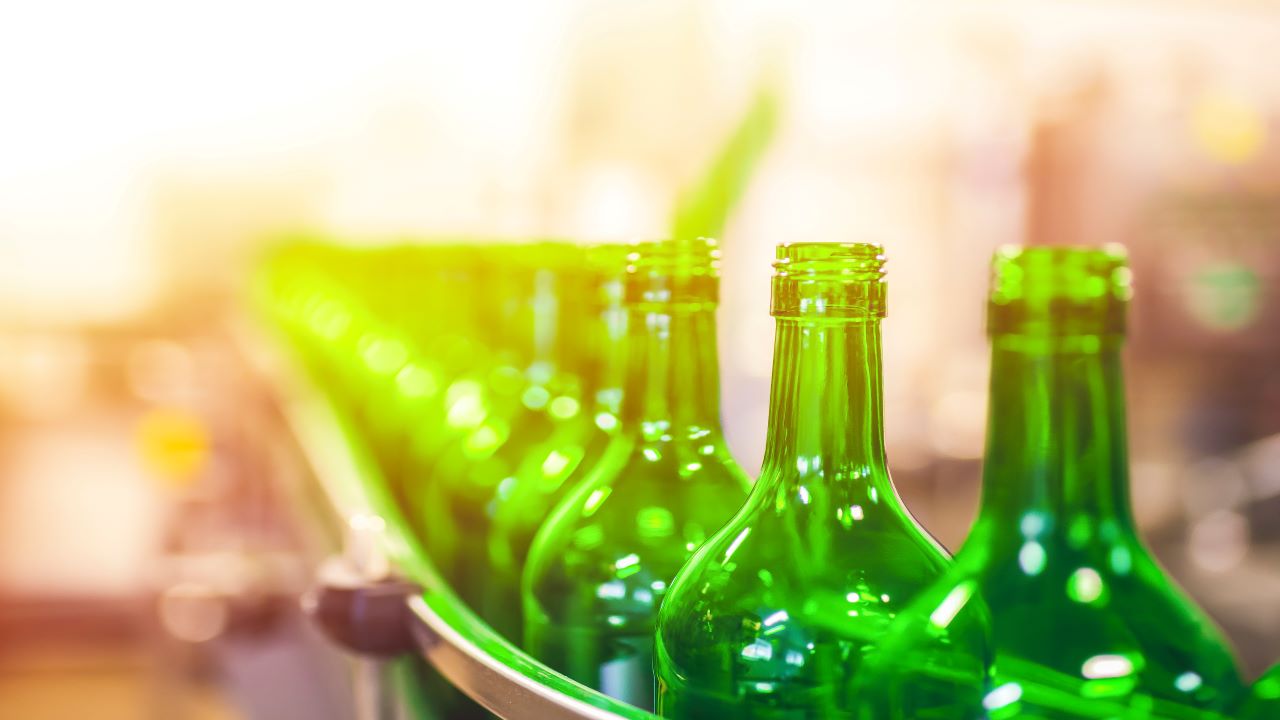
The road to net zero - the emissions targets of the world's drinks giants
Our rolling guide to the net-zero emission commitments of the world’s largest drinks manufacturers.

C&C Group to close Tennent's site in Scotland
C&C Group, the Ireland-based beer and cider maker, is set to close a Tennent’s lager facility in Scotland.
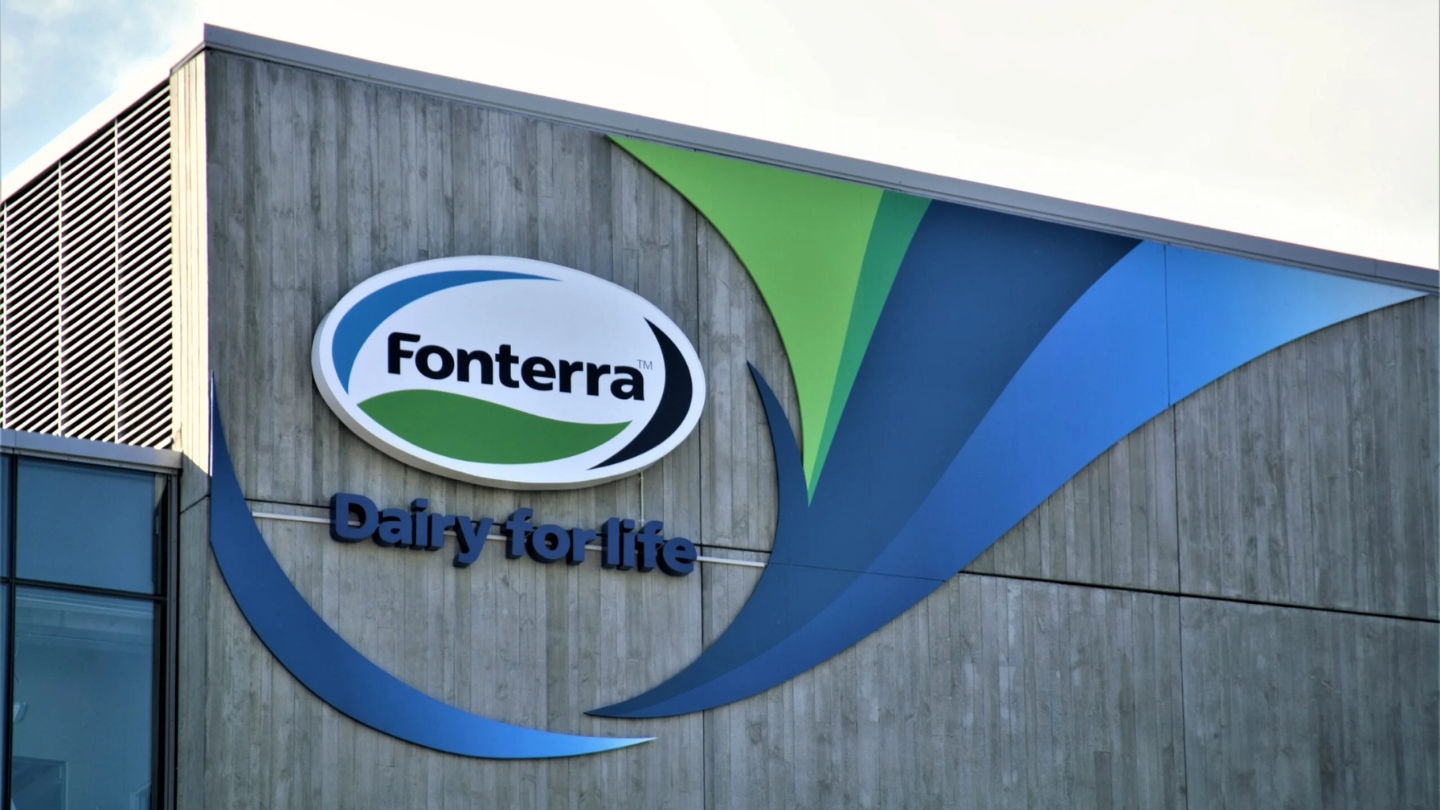
Fonterra puts consumer business on chopping block to focus on ingredients
The New Zealand-based co-op is “exploring full or partial divestment options for some or all of its global consumer business”.
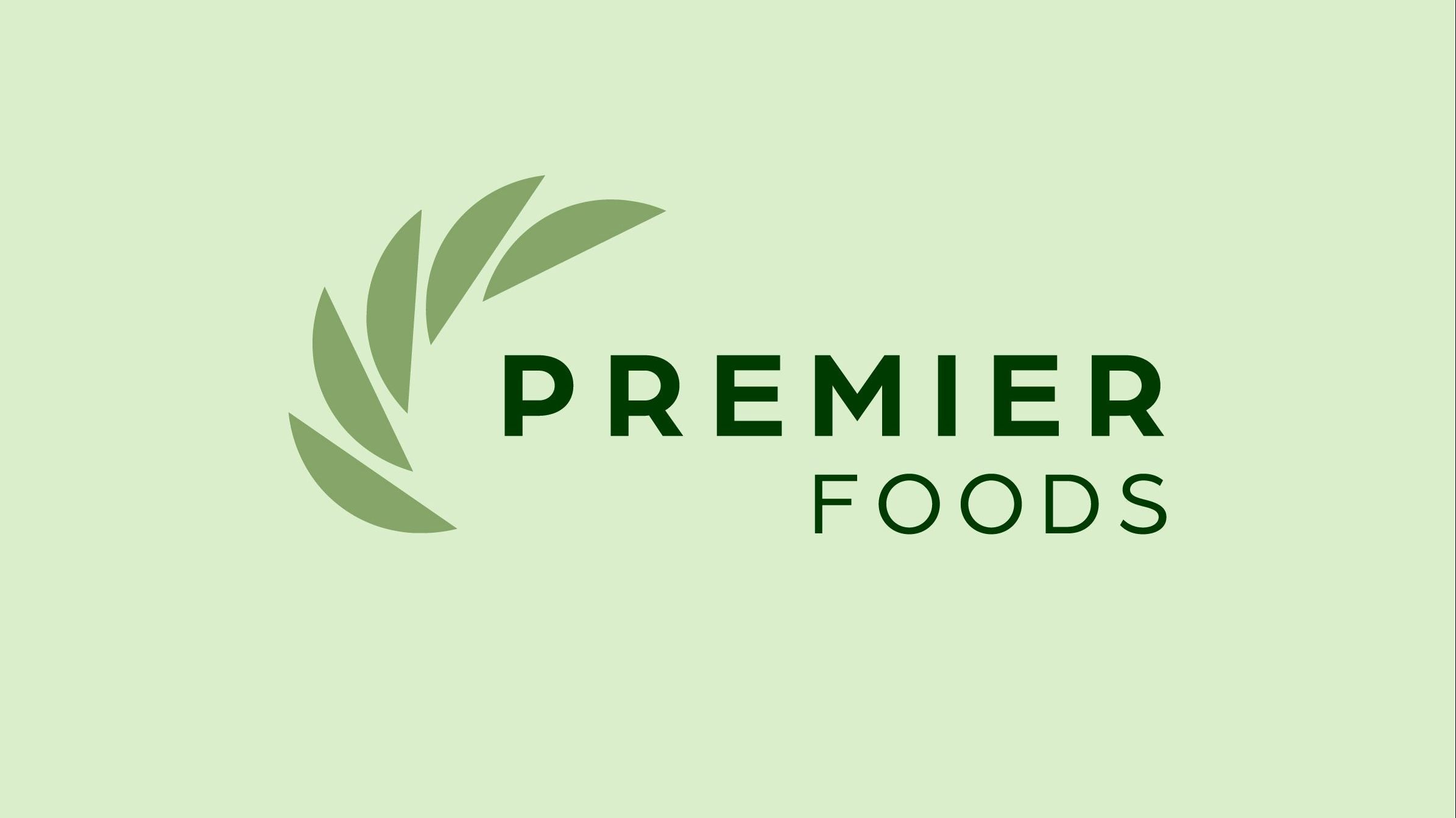
Premier Foods returns to volume-led growth as M&A features on roster
Premier Foods returned to volume growth in the final quarter of its financial year as pricing gave way to promotions and market-share gains.

Explainer: what did the latest UK Farm to Fork Summit achieve?
At the summit, Prime Minister Sunak unveiled a package of support reflecting the importance of food security issues.
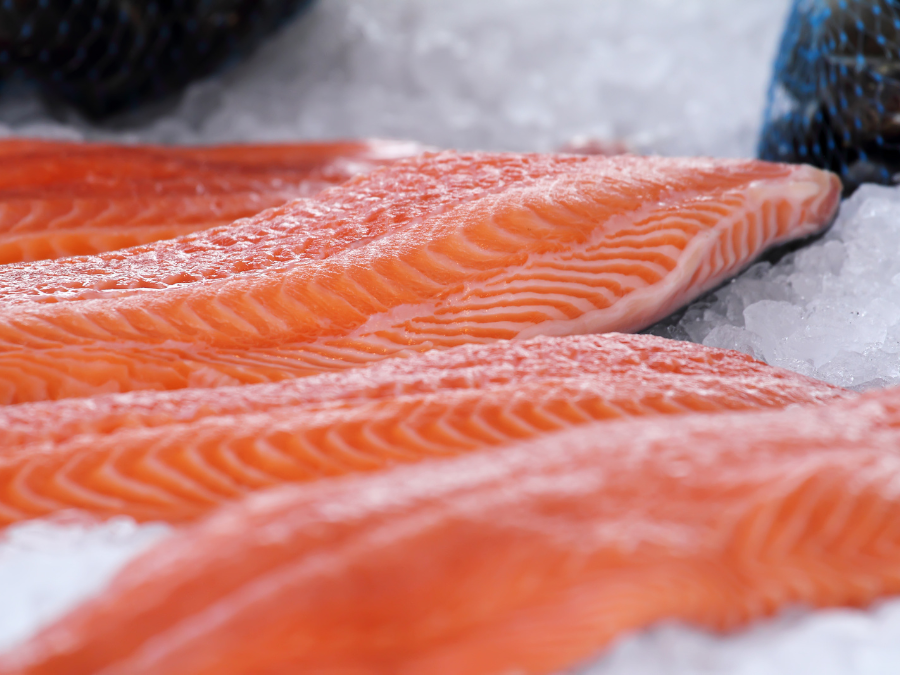
US group PanosBrands buys salmon supplier The Santa Barbara Smokehouse
US food group Panos Brands has struck a deal to acquire smoked salmon producer The Santa Barbara Smokehouse for an undisclosed fee.
In our previous edition

Consumer Decoded
Argentina winemakers talk inflation, exports and future of Malbec
15 May 2024

Consumer Decoded
Lost in a haze: North American craft beer searches for mojo
14 May 2024

Consumer Decoded
Why have orange juice prices soared?
13 May 2024
Newsletters in other sectors
Aerospace, Defence & Security
Automotive
Banking & Payments
Medical Devices
Oil & Gas
Travel and Tourism
Search companies, themes, reports, as well as actionable data & insights spanning 22 global industries
Access more premium companies when you subscribe to Explorer


